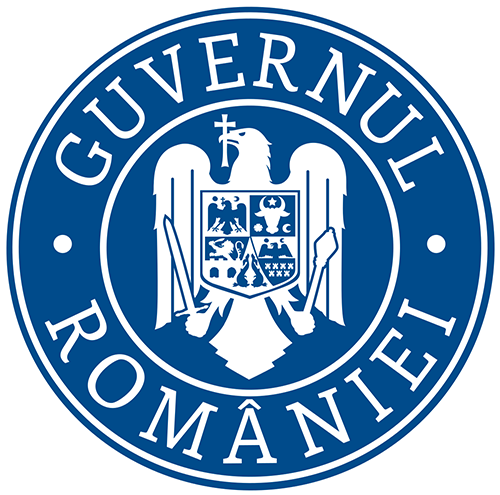The European Institute of Romania (EIR) organised a new debate within the online series entitled European News in the Spotlight which had the objective of informing the general public about the importance that the Council of the European Union has in coordinating the policies of the Member States in specific areas, bringing into debate topics that are priorities on the agenda of the current Presidency.
The event took place on Wednesday, 24 April 2024, online format (Zoom platform), between 11:00 – 13:00 (Bucharest time), with the topic ”The European Pillar of Social Rights: Impact and Future Perspectives”.
Representatives of European and national institutions, research organisations and academia from Romania and other EU’s Member States, civil society, mass media etc. took part part in the event.
The interventions were delivered in English and, among the issues discussed, some of the following ideas were highlighted:
- The Belgian Presidency of the Council of the European Union attaches great importance to the European social agenda, which is also reflected in the adoption by the European Parliament of the Directive on platform work and the provisional agreement on the introduction of a European card for people with disabilities.
- The European Pillar of Social Rights (EPSR) is a shared political commitment to foster convergence in social policies and the recent La Hulpe Declaration stresses the importance of continuing efforts to implement the EPSR.
- The presentation of Enrico Letta’s report “Much more than a market” in April 2024 also includes the EU social agenda, which is crucial for the future of the Union.
- The European Pillar of Social Rights serves as a guide and basic tool for safeguarding the EU’s social economic model, but we are far from the objectives mentioned in the Porto Declaration of European leaders (8 May 2021), especially in terms of the ability to reduce poverty through social protection.
- The EPSR has three chapters: 1) equal opportunities and access to the labour market; 2) fair working conditions; 3) social inclusion and protection. So far, progress has been made in addressing the rights contained in the first two chapters, but too little has been achieved on social inclusion and protection. One solution to this could be the adoption of the EU-wide minimum standards for protection.
- Gender inequality, violence against women, the burden of the double working day and gender pay inequality are issues that should be addressed not only for moral reasons but also for the sustainable development of the society.
- Often, the algorithmic management of the labour force selection process, introduced to reduce discrimination on various grounds, proves problematic, however, as artificial intelligence seems to be contaminated by the social environment tainted by various prejudices.
- The net effects on the labour market in the medium term as a result of the green transition are expected to be rather small, however we expect some sectors to be more affected than others (e.g. construction and agriculture).




